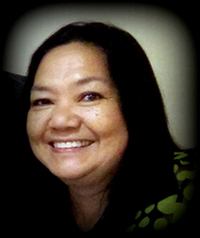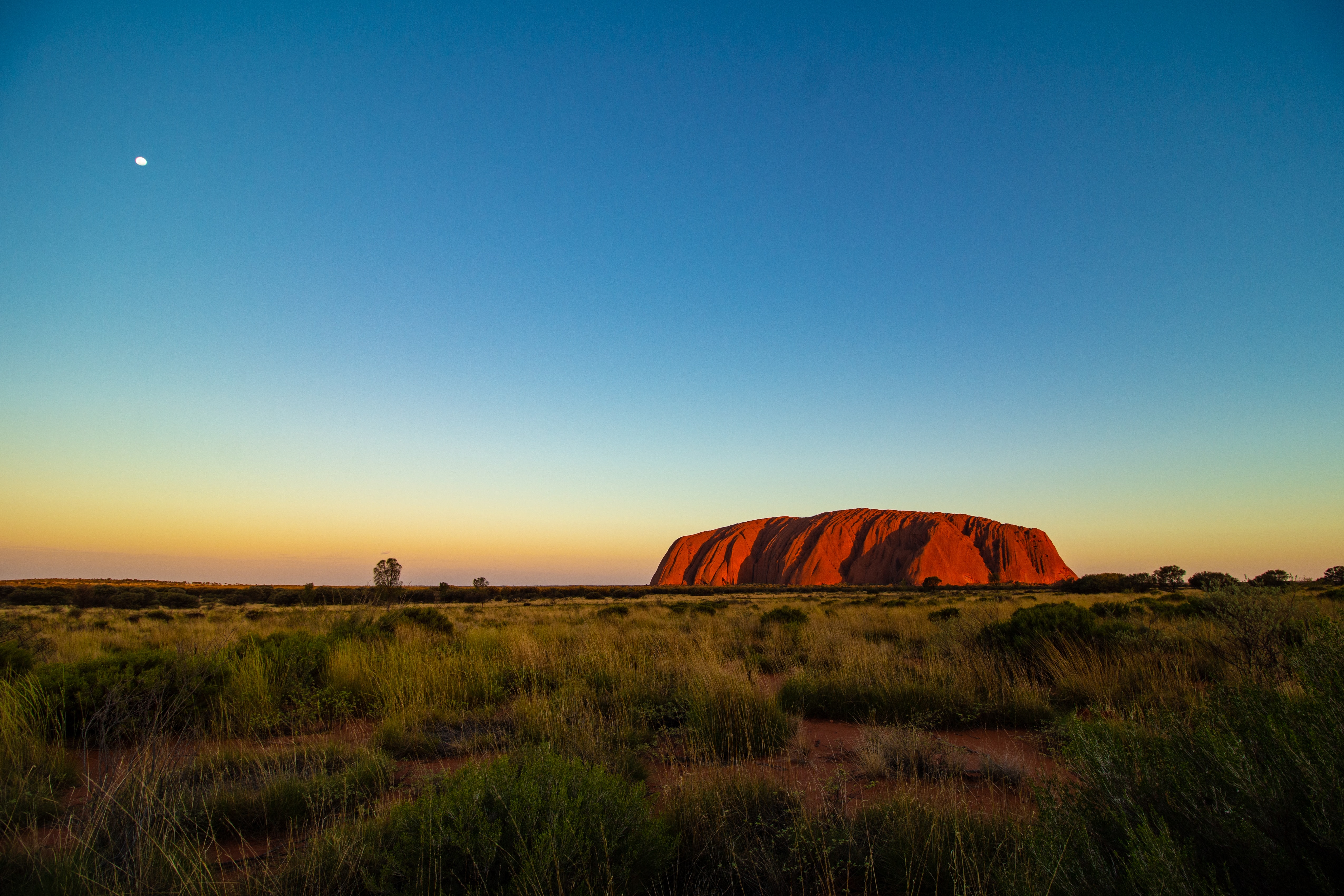Table of Contents

Broken hearts and broken minds
In studies examining meaning and understanding, the content of consciousness is valid, especially when the sources have extensive knowledge and experience, and special skill. Two Aboriginal health workers delivered a two-hour talk on Aboriginal mental health to nursing students at a regional university campus. As they were considered experts in working with Aboriginals, their presentation was highly informative and enlightening, and their advice to nurses noteworthy.
Here is the summary of their talk:
- Understand that the Aboriginal history and culture have been wiped out from the perspective of many Aboriginal people, and so there may be innate mistrust of all non-Aboriginal people;
- Realise how they view health and disease, how they seek help and aid themselves to get well are multi-dimensional and holistic;
- Remember that you might be dealing with people who have been disconnected and who may have lost their identity, so do not be quick to judge when the Indigenous patient is guarding, suspicious, withdrawn, lacking in confidence, or not making eye contact;
- Note that for most Aboriginals, mental illness is about broken hearts and broken minds, and not depression, anxiety, bipolar or some Western diagnosis;
- Allow them to tell their stories;
- While they may have a different worldview, strive to find meaning and similarities, and be respectful of differences;
- Take time to build relationships, acknowledging that their families may be very dysfunctional;
- Be yourself with Aboriginal people; they can read your intentions and sense when a person is genuine or not;
- Seek to empower them, have something positive to say; and
- Care for them like any other human being; it is all about personhood.
When we say we will help Aboriginal Australians, we must mean it and show it in our speech and actions. There is no room for cultural blindness, cultural insensitivity and ethnocentricity!
Please refer to the following references for further readings:
Bradley, P., & De Souza, R. (2013). Mental health and illness in Australia and New Zealand. In R. Elder, K. Evans & D. Nizette (Eds.), Psychiatric and mental health nursing (pp. 87-108). Sydney, NSW: Mosby Elsevier.
Hocking, D. (2017). The social and emotional well-being of Aboriginal Australians and the collaborative consumer narrative. In N. Procter, H. P. Hamer, D. McGarry, R. Wilson & T. Froggatt (Eds.), Mental health: A person-centred approach (pp. 73-92). Melbourne, Victoria: Cambridge University Press.
West, R., & Usher, K. (2011). The mental health of Australian’s Aboriginal and Torres Strait Islander people. In K.-l. Edward, I. Munro, A. Robbins & A. Welch (Eds.),Mental health nursing dimensions of praxis (pp. 307-408). South Melbourne, Victoria: Oxford University Press.






You must be logged in to post a comment.